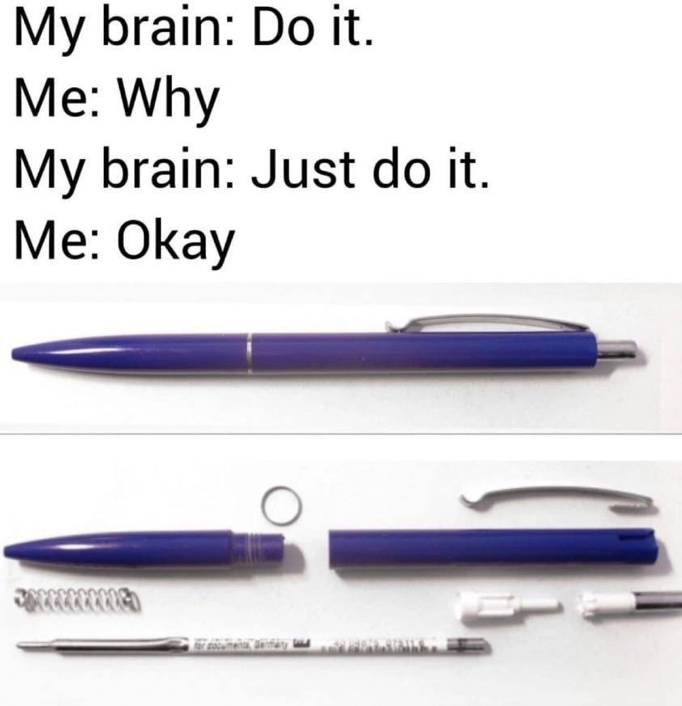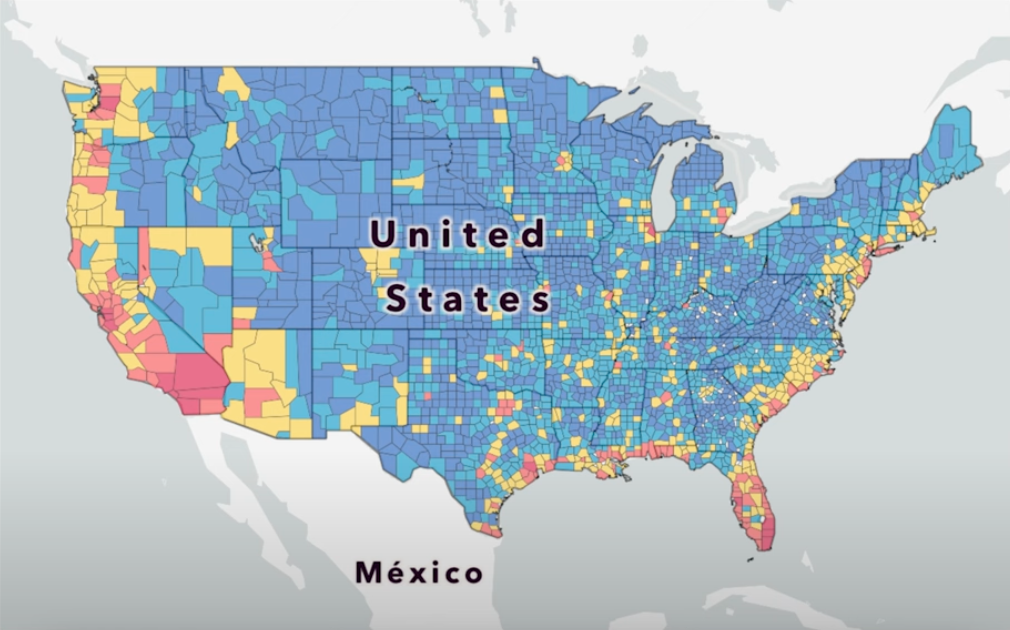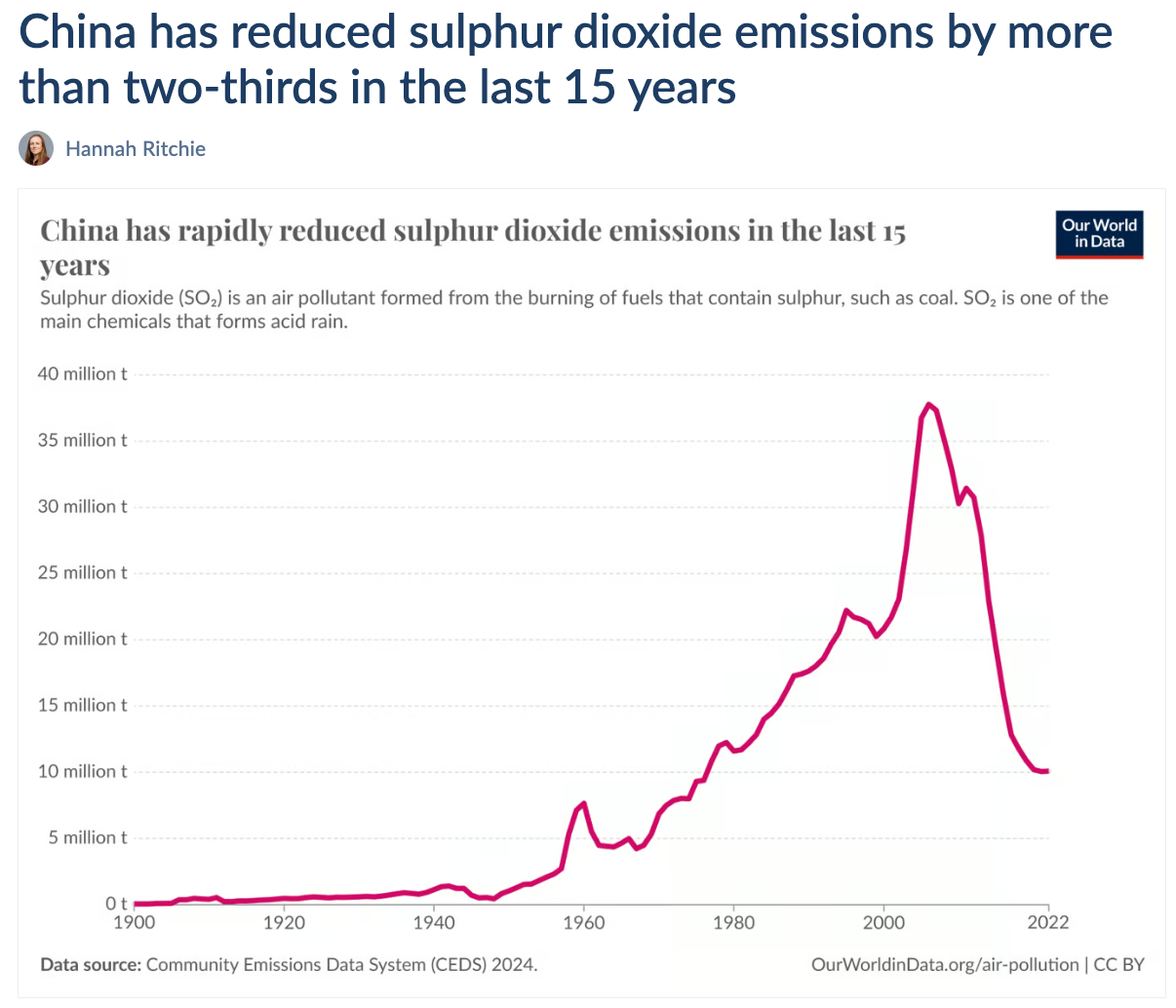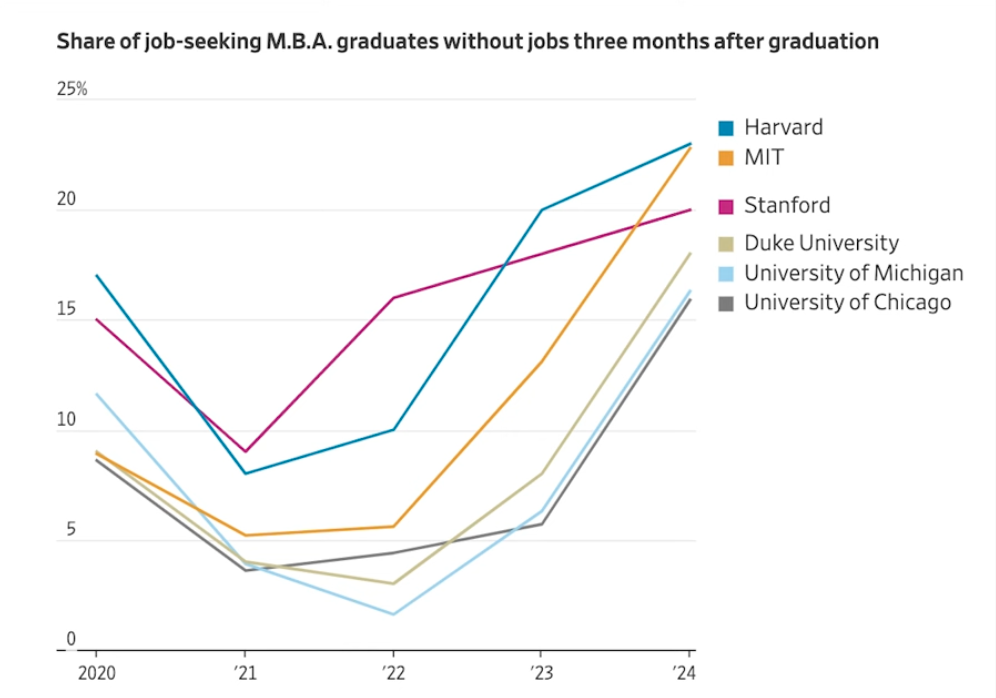The Hillsberg ReportEdition 3 - January 19, 2025 |
Quote of the week
"I don't like that man. I must get to know him better."

|
The Role of Higher Education
For many years higher education has been directly linked to increased earning power. I am seeing a strong decrease in this correlation. |
Meme of the week
|
Cool AI Tools
The AI tool I want to highlight this week is Deep Research from Google. To learn more about Deep Research click here. |
Where to Live?The following chart from FEMA shows the disaster risk for each US locality. You see highest risk in red and lowest risk in dark blue. I want to emphasize that both the likelihood and the size of disaster-affected areas are growing. If you live in one of these red or yellow areas, are you concerned? Are you considering a move? 
|
Good News
A lot of the content I've posted hasn't been very jolly, so this week I want to highlight something good. 
|
Tech Byte - How Starlink WorksHave you ever wondered how Starlink satelites provide internet to people all over the world? Check out this technical video to learn how it all works. |
Share with friendsEnjoying The Hillsberg Report? Share it with friends who might find it valuable! Haven't signed up for the weekly notification? Subscribe Now |
|
© 2025 The Hillsberg Report. All rights reserved. |
